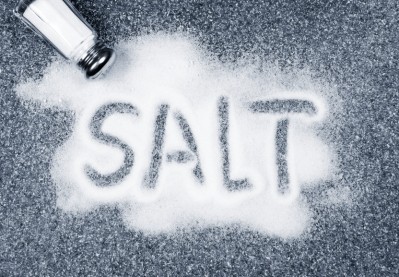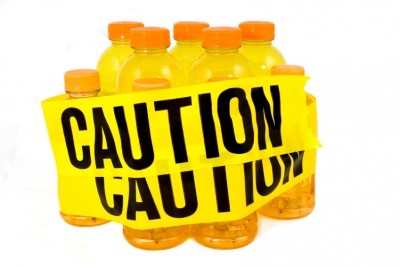“The authorisation of these claims would see a major boost for sports men and women”
European sports nutrition sector backs EFSA caffeine opinion

“We hope to see the [European] Commission accept EFSA’s scientific advice,” said Dr Adam Carey, chair of the European Specialist Sports Nutrition Alliance (ESSNA), noting it may also affect how five on-hold EFSA positive opinions for caffeine and alertness and endurance are viewed by member states and the Commission.
Some of those “can be important to sportspeople” Dr Carey said. “We hope to see the Commission accept EFSA’s scientific advice, particularly when it comes to these claims.
“In combination with the recent approval by EFSA of the claim on carbohydrates contributing to the recovery of normal muscle function, the authorisation of these claims would see a major boost for sports men and women seeking to understand more about the products that they consume.”
Sports specific
Aside from the more general 400 mg/day recommendation, the European Food Safety Authority (EFSA) 98-page draft assessment found single doses of up to 200mg for adults were safe to consume before intense exercise – a usage the agency was asked to assess due to concerns with pre-activity consumption of products like energy drinks and sports gels.
Of the research conducted in the area, EFSA noted: “The majority of experimental studies have investigated the effect of a single dose of caffeine taken prior to exercise, following a period where the subject refrained from caffeine consumption for up to seven days.”
Under a new EU labelling law, Food Information for Consumers (FIC), which came into play in December last year, caffeine drinks containing over 150 mg/l of caffeine are required to clearly carry the warning: "High caffeine content. Not recommended for children or pregnant or breast-feeding women."
Groups like the consumer watchdog BEUC have expressed concern about how caffeine claims may be used in the marketplace and whether they might promote inadvertent dangerous consumption occasions such as in nightclubs where caffeine-loaded energy drinks are commonly mixed with alcoholic drinks.
This pattern of behaviour has been linked to several illnesses and deaths.
Interested parties can submit feedback to the EFSA draft caffeine consultation until15 March.
ESSNA expands
ESSNA welcomed its 46th member this week when Dutch dairy protein player Friesland Campina-DMV joined its ranks.
“Our aim is to support sports nutrition manufacturers with high quality, healthy and safe ingredients,” said commercial director Willem Hoogwater.
“This commitment is also being reflected in the fact that FrieslandCampina owns the complete chain ‘from grass-to-glass’.”















